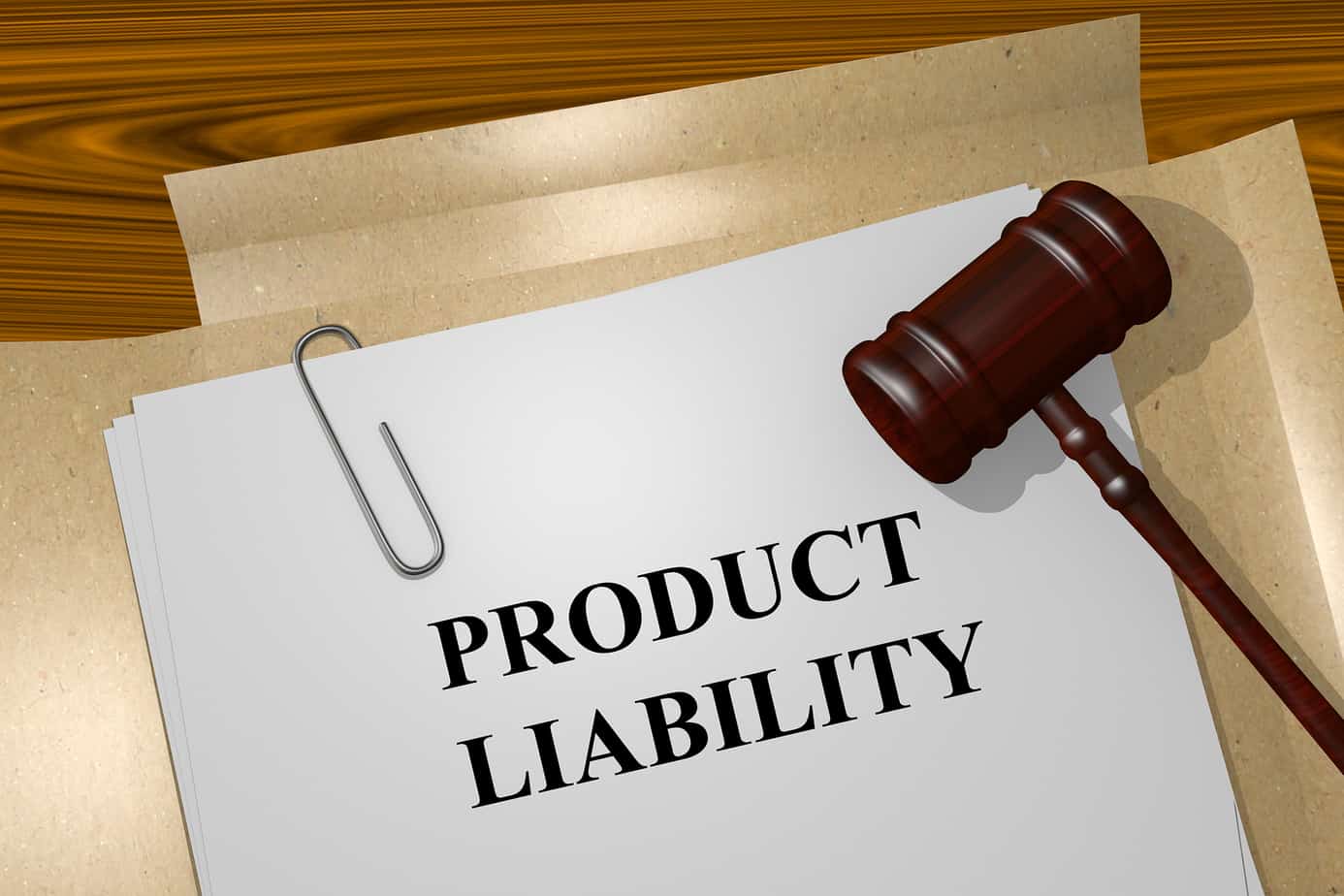Allergan will pay $750 million to settle lawsuits related to their Namenda Alzheimer’s drug. The settlement will resolve a class-action lawsuit alleging that the Ireland-based company attempted to prevent or delay the entry of generic competitors.
The lawsuit came after the New York attorney general won a settlement that made similar claims.
The trial was slated to begin at the end of October.
The lawsuit claimed that in 2014, Allergan tried to prevent access to lower-cost generics of its Namenda product by requiring patients to switch to a longer-acting and more expensive version of the drug: Namenda XR.
The practice is known as “product hopping” or “hard switch.”
Allergan had planned to stop selling Namenda in 2014 and replace it with a once-daily formulation just before the launch of generic versions of the drug in 2015.
Namenda XR generated $450 million in sales in 2017. The drug lost patent protection in February 2018, and sales dipped to $71 million that year. In 2019, Namenda XR has only generated $16 million in sales thus far.
The lawsuit also claimed that the chief executive of Forest Laboratories, subsidiary of Allergan and manufacturer of Namenda, entered into an illegal agreement with Mylan, a generic manufacturer, to keep its generic version of the drug off of the market.
Later in 2014, an injunction was issued by a federal judge that prevented Allergan from switching patients. That ruling was upheld on appeal.
The class-action lawsuit alleges that plaintiffs paid too much for Namenda because the company’s actions delayed the release of generic versions of the drug.
This isn’t the first time Allergan has been accused of the “hard switch” tactic. In August, the company paid $2.75 million to settle claims that it prevented generic competition by removing its ulcerative colitis drug from the market in favor of a delayed-release version.
AbbVie is in agreement to acquire Allergan, but the Federal Trade Commission has now put the deal under additional review



